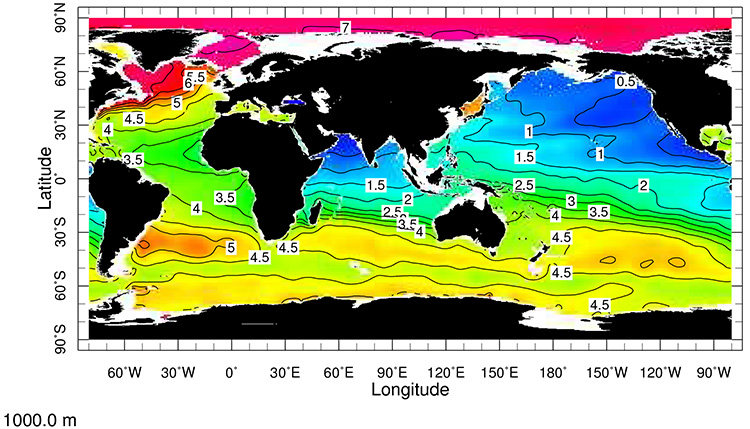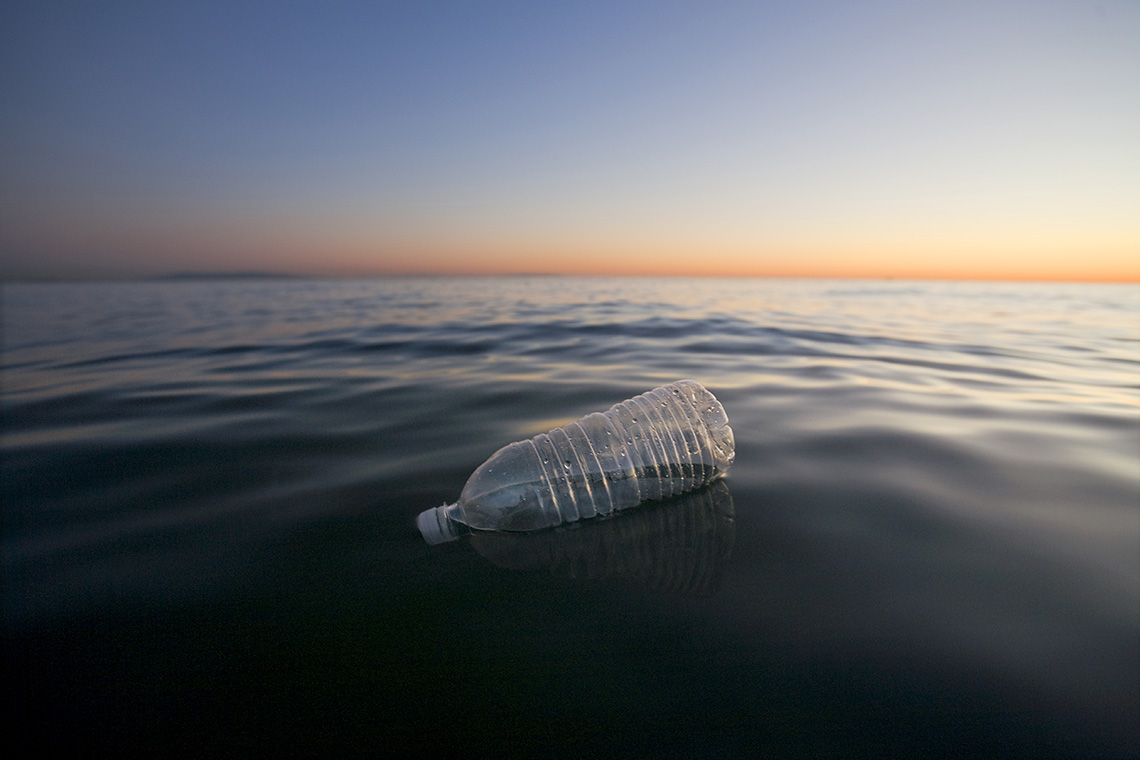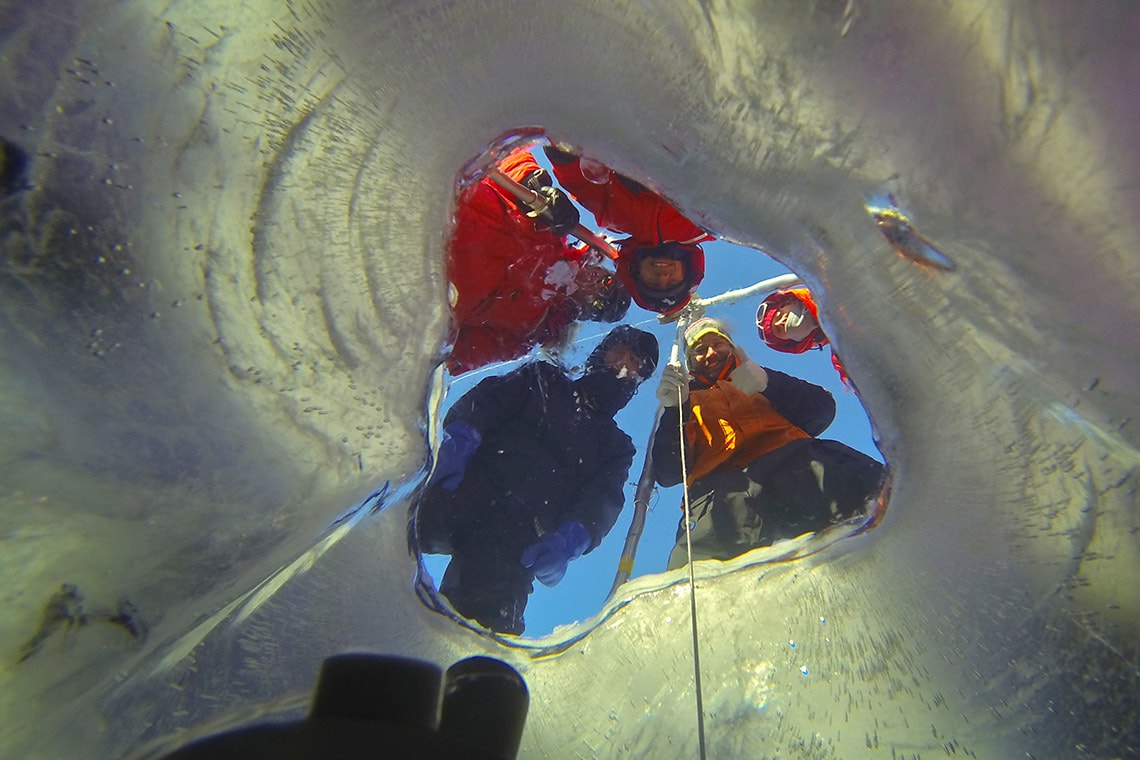Tag: natural resources

Forests for the future: U of T researcher seeks to make trees more resilient amid a changing climate
Katharina Braeutigam, a plant epigeneticist at the University of Toronto, wants to grow trees fit for a future climate.
By studying plants at the molecular level, Braeutigam looks at how trees respond to external signals such as drought, and how they record “memories” of stress. She also researches how they respond to internal signals – specifically those that determine sex.

Oil sands emissions greatly underestimated, research shows
A new comprehensive modeling assessment of contamination in the Athabasca Oil Sands Region indicates that officially reported emissions of certain hazardous air pollutants have been greatly underestimated.

U of T scientists draw new connections between climate change and warming oceans
It happened once before, and it could happen again. That’s the warning from ocean scientists at the University of Toronto and the University of California, Santa Cruz in a study published recently in Science that shows how an increase in CO2 in Earth’s atmosphere more than 50 million years ago dramatically changed the chemistry of the planet’s oceans.

Plastic not just a problem in our oceans, also affecting the Great Lakes: U of T research
Chelsea Rochman, assistant professor of ecology and evolutionary biology at the University of Toronto, says we should be paying close attention to what’s taking place closer to home in the Great Lakes.
“The contamination in the Great Lakes and other bodies of freshwater from plastics and microplastics is ubiquitous,” says Rochman, who looks at plastic debris and its associated chemical contaminants.

World’s largest high Arctic lake shows startling new evidence of climate change
Remote areas in Canada’s Arctic region – once thought to be beyond the reach of human impact – are responding rapidly to warming global temperatures, the University of Toronto’s Igor Lehnherrhas found.
His research, published in Nature Communications, is the first to aggregate and analyze massive data sets on Lake Hazen, the world’s largest lake by volume located north of the Arctic Circle.
